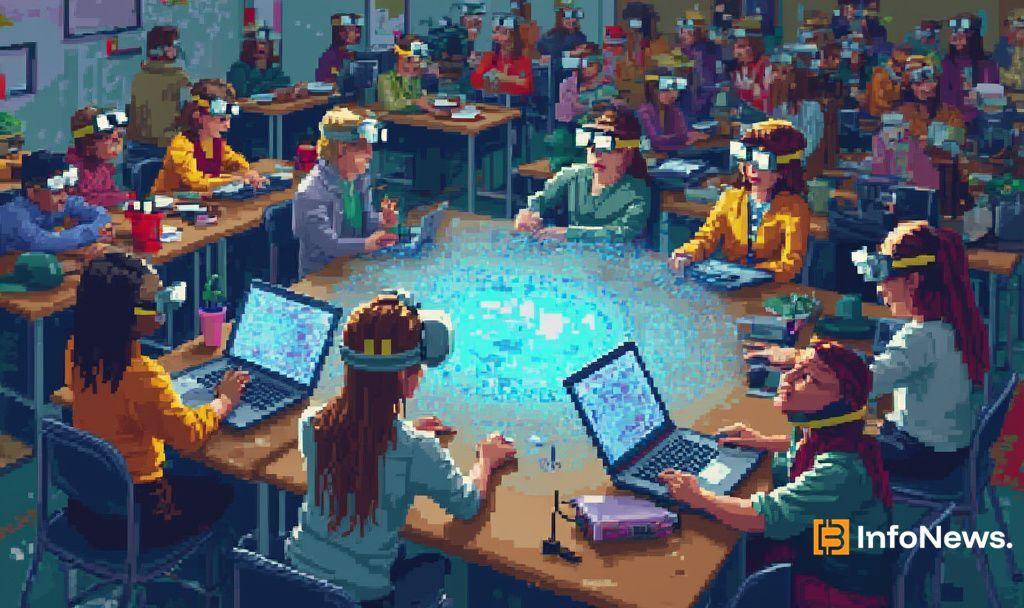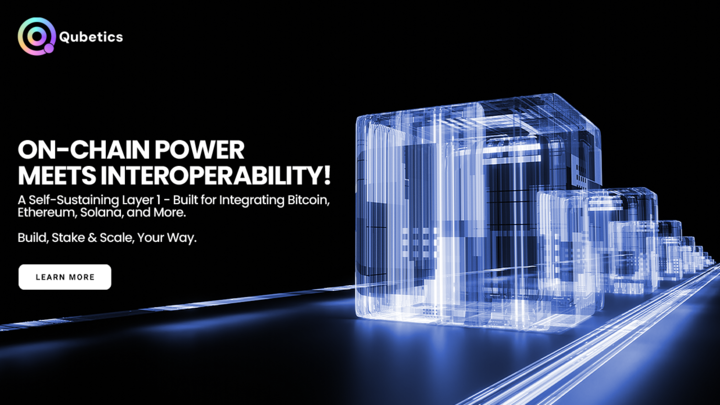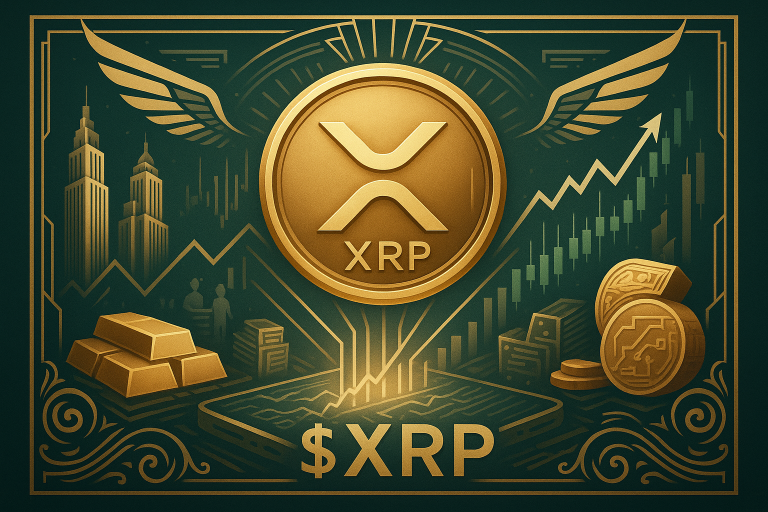Metaverse Adoption in Education Sparks Industry Transformation
- Metaverse adoption revolutionizes educational strategies globally.
- Enhanced interaction fosters innovative learning experiences.
- Potential shift in traditional educational frameworks worldwide.

Metaverse technology is rapidly integrating into global education systems, reshaping traditional learning environments through immersive digital platforms.
This integration may revolutionize teaching methodologies, enhancing user engagement through virtual reality, likely impacting educational infrastructure and funding.
Virtual Classrooms Transform Teaching Methods
Metaverse integration in education has introduced virtual classrooms, allowing for more interactive and immersive learning experiences. Schools and universities worldwide are exploring these innovations to enhance engagement. This shift originated from advancements in virtual reality technologies, prompting more institutions to adopt digital tools.
Educational entities including leading universities are partnering with tech companies to implement VR systems. These partnerships focus on creating robust, interactive platforms for synchronous and asynchronous learning. The trend signifies a significant pivot in educational strategies, promising future-ready learning.
Beata Mirecka-Jakubowska, Founder and CEO, Intercultural Education Consulting Group, emphasizes the transformative potential of immersive technology, stating: “The metaverse offers a unique opportunity to enhance student engagement and learning outcomes as we adapt to new educational landscapes.”
Increased Engagement and Funding Challenges Emerge
Immediate impacts of metaverse integration in education include increased student engagement and personalized learning experiences. Industry stakeholders express optimism about potential long-term benefits. Some educators highlight concerns over access inequality and necessary infrastructural upgrades.
Financial implications are tangible, as educational institutions explore funding allocations for technology upgrades. Governments may need to recalibrate policies to support digital education. Simultaneously, social implications involve addressing disparities in technology access to ensure equitable educational opportunities.
Lessons from Past Technological Shifts
Historically, technological advancements, such as the internet, have transformed education, much like the current metaverse movement. These past experiences provide frameworks for current transformations, offering valuable insights and lessons.
According to BlockchainTechs, the integration of blockchain in educational environments is poised to be transformative: Blockchain technology in education can create a more secure and decentralized system for managing educational records and credentials.
Experts suggest that if supported by data-driven policies, metaverse adoption could democratize access to quality education. As historical trends show, infrastructural improvements and inclusive education policies could shape a more equitable future in learning environments.






